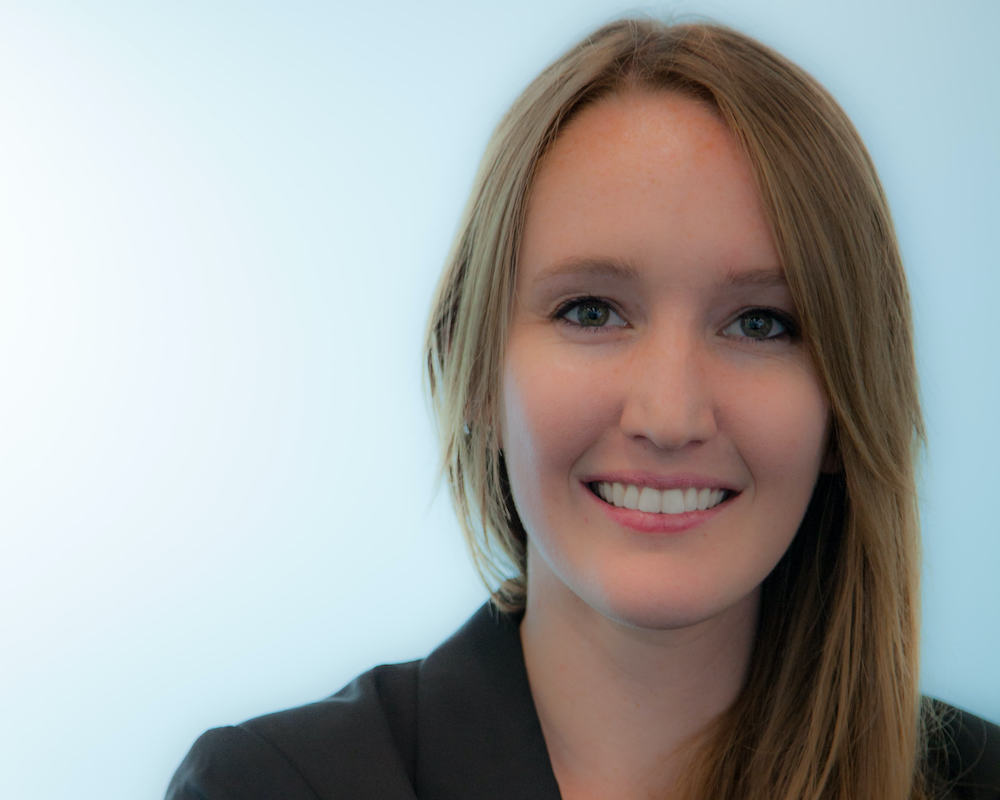Lindsey Berlin has done a lot of things in her career. With a master’s degree in international affairs from Geneva’s Graduate Institute, she’s worked as a research analyst at an immigration law firm and a general tech and marketing associate at an international foundation. Once, a job told her that her sole responsibility was to be a “cheerleader.”
“They didn’t expect me to do anything I felt was meaningful, and I knew I wasn’t going to survive there. I didn’t last four months,” Berlin said. “In most of my previous roles, I kept having the same frustration. I wanted to dive deeper but I didn’t have the skills or tools for deeper analysis. I finally decided that I was going to go get the skills.”
To satisfy her drive, Berlin enrolled in Flatiron School’s data science program. Years later, Berlin is now an instructor for Flatiron School and currently teaches its curriculum to students at Birmingham-Southern College.
Flatiron School, founded in 2012, offers bootcamps in software engineering, data science, cybersecurity and product design for people who want to launch tech careers. Based in New York, Flatiron School also partners with organizations and universities to teach its curriculum across the country. In 2021, Flatiron School celebrated a milestone of 5,000 alumni being hired.
Students of Flatiron School can enroll in a 15-week, full-time bootcamp or its part-time Flex program, which extends the curriculum over 40 weeks. Berlin, who is typically based in Houston, completed the 15-week option there in August 2019.
Along with Git, GitHub and Anaconda, she learned how to use Python and its libraries to develop machine learning, natural language processing and time series analysis skills.
“I just liked the idea of basically using tech to answer questions and solve problems as opposed to using tech to build things,” Berlin said. “The skills we build in the data science program are much more about answering questions and exploring things.”
What your day-to-day will look like in 10 years probably hasn't been invented yet. It’s going to look different than what we're doing right now. But that's the nature of programming, right?
After graduating from Flatiron School in 2019, Berlin joined their team as a technical coach, helping instructors with administrative work and leading practice sessions for students. She moved to the curriculum team before becoming an instructor in August 2021.
Flatiron School data science students are introduced to basic Python and data visualization using Matplotlib, diving deeper into Python throughout the bootcamp. They also learn about SQL, statistical modeling and machine learning.
The curriculum Berlin teaches now differs from what she learned while attending Flatiron School. That’s a result of Flatiron School’s backward design process; when it comes to curriculum, the school analyzes what skills are in demand in the job market, so it can be incorporated into lessons, she said.
Berlin believes Flatiron School’s ability to regularly adapt and update its curriculum is one of the reasons for its success.
“It’s really no big deal to admit, ‘Hey, I taught something and I don’t like the way I taught it last time. Let’s brainstorm a better way to teach that,’” she said. “That is a very normal conversation we will have here. It’s a problem we all face as instructors, so we will work together to fix it.”
One thing Berlin avoids as an instructor? Lots of lecturing. During her sessions, she ensures students have their fingers on keyboards to code as much as possible so it’s more engaging, she said.
She frequently live-codes in front of her classes and, when something inevitably goes wrong (“even when you’ve practiced it the night before,” she said), she uses that as a learning opportunity.
“I used to be uncomfortable when that would happen. Now, I’ll say, ‘Let’s fix it together.’ The fact is making mistakes is part of the process for our students. Learning how to work through them is how you can build a successful career in this field,” she said.
The most important thing Berlin says she teaches her students is how to learn, so they can thrive in a field that is constantly in flux.
“What your day-to-day will look like in 10 years probably hasn’t been invented yet. It’s going to look different than what we’re doing right now. But that’s the nature of programming, right?” Berlin said. “You don’t just get to learn something once and use it for the rest of your 30-year career. You learn something new every day. I teach students how to apply the things that I can’t teach yet because they haven’t been invented yet.”
Learn more about Flatiron School






